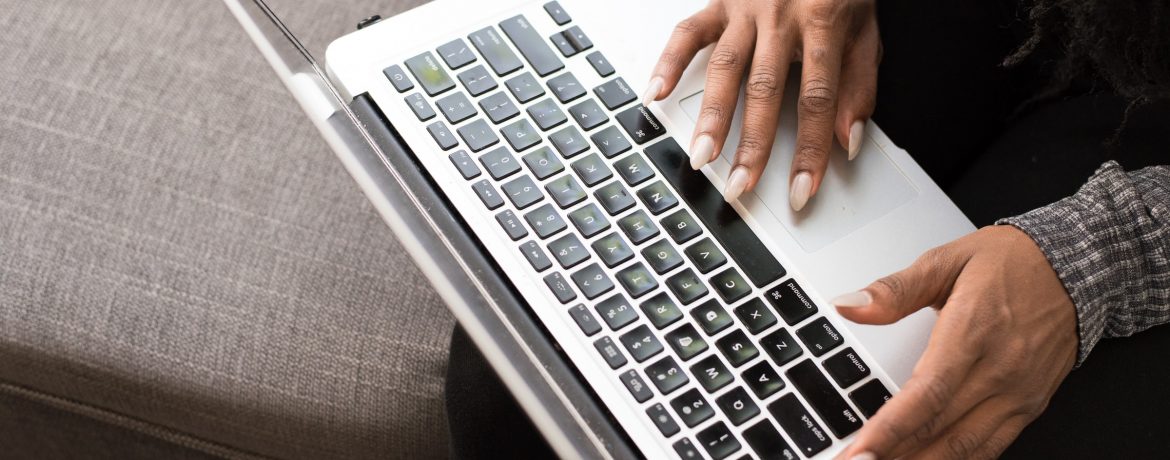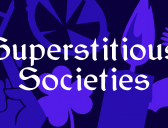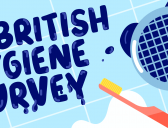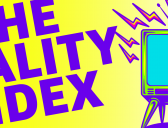New data released by GambleAware has revealed that women of a black, Asian or ethnic minority (BAME) background are over-represented in problem gambling statistics.
The UK-based charity published a report on Wednesday, which provided insight into the gambling habits of women in the country.
Put together in collaboration with YouGov, over 6,000 women were surveyed over the course of three weeks in autumn 2019.
The study forms part of a series that will assess existing needs, demands and uses for treatment to combat gambling-related harm in England, Scotland and Wales.
BAME and lower-class women more likely to develop gambling-related issues
GambleAware’s latest report surveyed 6,190 women and 5,971 men. It follows on from recent research it published in relation to protection measures that UK bank accounts offered gamblers.
The risk that individuals posed in terms of problem gambling was assessed using the Problem Gambling Severity Index (PGSI). 0 equals no risk of developing issues, 1-3 signifies individuals at low risk, 3-7 is moderate and 8+ equates to high-risk.
35% of female gamblers with a score of 8+ came from a BAME background, which was much higher than 12% of the overall female population.
BAME women were actually more likely to identify as non-gamblers; 52% did so, compared to 41% of all surveyed females. But 16% of women of an ethnic minority were placed at 1 or above on the PGSI, compared to the overall figure of 10%, while 5% of BAME women scored 8+ – even though 2% of all women reached the same end of the spectrum.
There was a clear split in the socio-economic status of women in the UK and their gambling habits. Compared to 44% of women deemed to be middle-class or above, only 39% of those at the lower end of the scale identified as non-gamblers. Moreover, those from a lower socio-economic background were likelier to score 8 or above on the PGSI scale – 11% versus 9% respectively.
GambleAware’s data will help the country’s industry to look at how women are affected by gambling
The men surveyed in the report were more likely to score 8+ on the PGSI scale, with 3.6% falling into this category. There were also more frequent scores of 1 or above, with this happening to 17% of individuals.
8% of women were affected by somebody close to them who had been impacted by gambling-related harm. It was generally younger female participants with high PGSI scores – 13% of 18-34-year-olds scored 8+, with 11% of those aged 35-54 and 6% of people who were 55 or older doing likewise.
When it came to seeking help, women were a lot more likely to be affected by stigmas. 39% did not want to do so out of either embarrassment or others finding out about their issues, compared to 22% of men.
GambleAware CEO Marc Etches had the following to say about the report’s findings.
“This research indicates that women, particularly in the capacity as an affected other, experience gambling harms in different ways to men and this report is an important first step in understanding those differences.
“This research was commissioned to help treatment providers, such as those operating via the National Gambling Treatment Service, address any barriers people may face when it comes to accessing help and support for their gambling and it is essential that services are flexible and meet the needs of individuals.”



